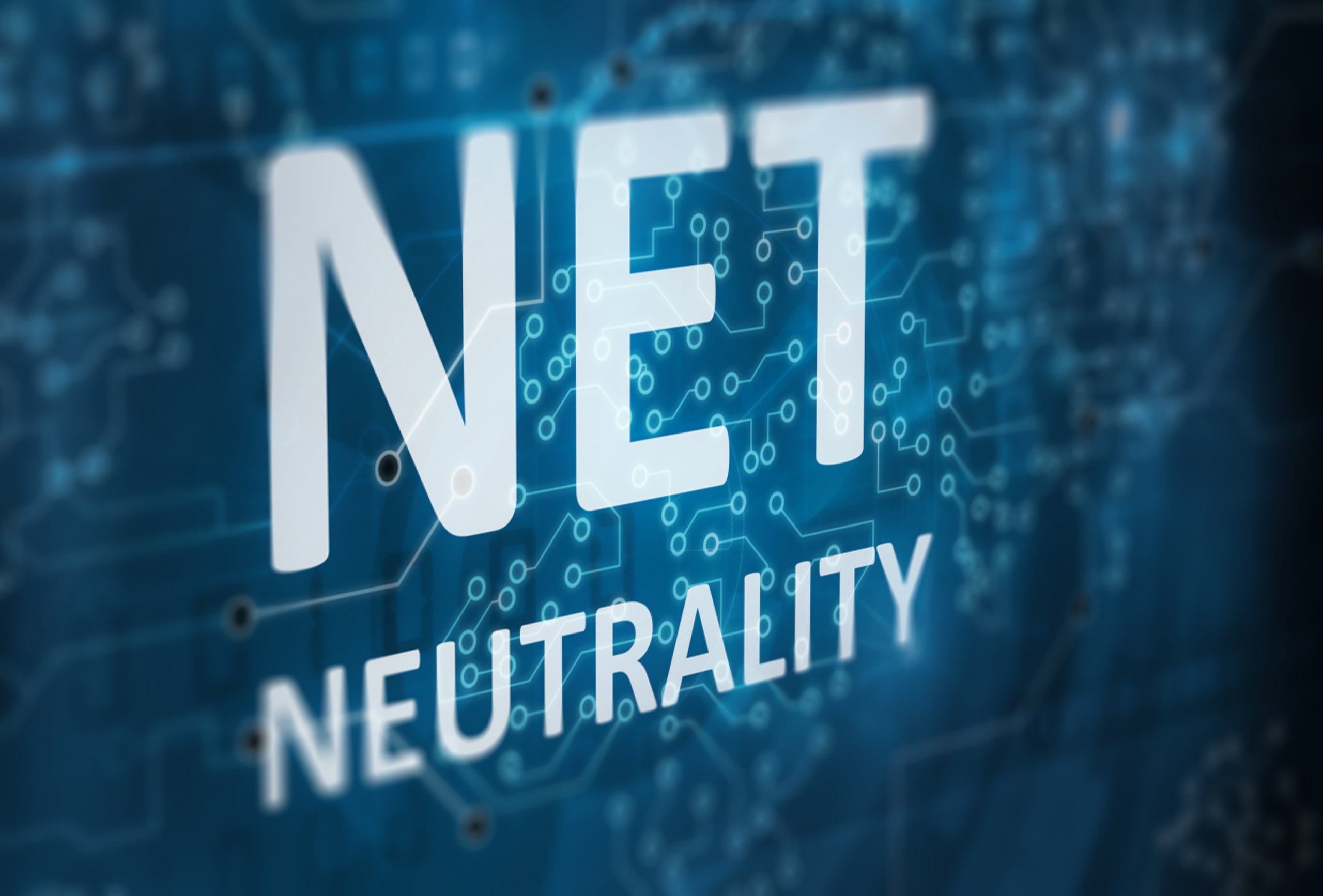What is net neutrality? That is a very good question. This debate has been in the headlines for quite some time. Many people have difficulty grasping this concept and understanding the conflict that each side of this political spectrum brings.
 Net Neutrality
Net Neutrality
Net neutrality is the idea that all internet service providers should treat all their network traffic equally. According to net neutrality, a bit is always a bit, regardless of where it started and ended up. This means that service suppliers are not allowed to offer a different type of service for different types of traffic. All traffic from your neighborhood blog or Netflix should be treated the same. Rivals of this concept are mostly telecommunications Goliaths. The extra rules and regulations imposed by the Federal Communications Commission (FCC) and the 2015 implementation declared this Internet policy problematic. Supporters of net neutrality procedures include Netflix, Google, and Facebook.
 How Net Neutrality Came To Be
How Net Neutrality Came To Be
Comcast was asked to stop blocking traffic from a file-sharing service called BitTorrent. The FCC stepped in, and Comcast was accused of bad business practices. Comcast filed a case against the Federal Communications Commission, requesting that the FCC did not have the appropriate authority.
After three years, the courts ruled in favor of Comcast. The FCC then accused Comcast of regulating traffic among person-to-person file-sharing service providers on their networks. Comcast replied by stating that they were just trying to fix the spread of illegal copyright material. Even though few online communities were irritated, the government had no legitimate authority to do anything about it or make them stop. Hence, Comcast was permitted to work as they saw fit.
In another similar case in 2012, AT&T stopped iPhone users from making face-to-face calls until they bought a new shared data package. AT&T appealed that the video calling app can easily cause overcrowding in its system. Rivals blamed AT&T for the disorderly service competing with their main business. In 2015, new FCC officials, along with the Obama administration, found a way to dispute the authority needed by the FCC when they felt broadband corporations were not using their power objectively. Due to these factors, net neutrality was born.
 How Can the End of Net Neutrality Affect Your Wallet?
How Can the End of Net Neutrality Affect Your Wallet?
Like anything in the news, people often worry about how a certain event may affect their lives. The influence of these alterations may not be seen for some time. If the FCC’s long history suggests anything, these verdicts will again be challenged in court, and the case will take years to settle. The National Hispanic Media Coalition, Public Knowledge, and many other public awareness groups are already announcing their plans to challenge net neutrality in court.
However, for now, a person has no choice but to rely on professionals to know how these regulations and changes will influence our wallets. Some think these broadband firms should provide limited access to certain content providers unless they are willing to pay for higher-stage services. This means that a person can learn to live without high-speed access to the weekly Game of Thrones series or simply upgrade to a more expensive internet package. According to experts, if these changes are right, less regulation will encourage opposition, ultimately bringing the prices down while also reassuring innovation.
Conclusion
In conclusion, net neutrality remains a hotly debated topic with significant implications for internet users. The principle of treating all traffic equally faces opposition from major telecom players. Like Comcast’s, past legal battles highlight the challenges in regulating internet service providers. The potential end of net neutrality raises concerns about its impact on consumers’ wallets, affecting access and pricing. As advocacy groups plan legal challenges, the evolving landscape requires vigilance and understanding. The effects on users and their financial choices may unfold over time, emphasizing the ongoing importance of staying informed in this dynamic digital realm.
The information above will help you better understand net neutrality and, more importantly, how net neutrality can affect your wallet!
 About Complete Controller® – America’s Bookkeeping Experts Complete Controller is the Nation’s Leader in virtual bookkeeping, providing service to businesses and households alike. Utilizing Complete Controller’s technology, clients gain access to a cloud platform where their QuickBooks™️ file, critical financial documents, and back-office tools are hosted in an efficient SSO environment. Complete Controller’s team of certified US-based accounting professionals provide bookkeeping, record storage, performance reporting, and controller services including training, cash-flow management, budgeting and forecasting, process and controls advisement, and bill-pay. With flat-rate service plans, Complete Controller is the most cost-effective expert accounting solution for business, family-office, trusts, and households of any size or complexity.
About Complete Controller® – America’s Bookkeeping Experts Complete Controller is the Nation’s Leader in virtual bookkeeping, providing service to businesses and households alike. Utilizing Complete Controller’s technology, clients gain access to a cloud platform where their QuickBooks™️ file, critical financial documents, and back-office tools are hosted in an efficient SSO environment. Complete Controller’s team of certified US-based accounting professionals provide bookkeeping, record storage, performance reporting, and controller services including training, cash-flow management, budgeting and forecasting, process and controls advisement, and bill-pay. With flat-rate service plans, Complete Controller is the most cost-effective expert accounting solution for business, family-office, trusts, and households of any size or complexity.



